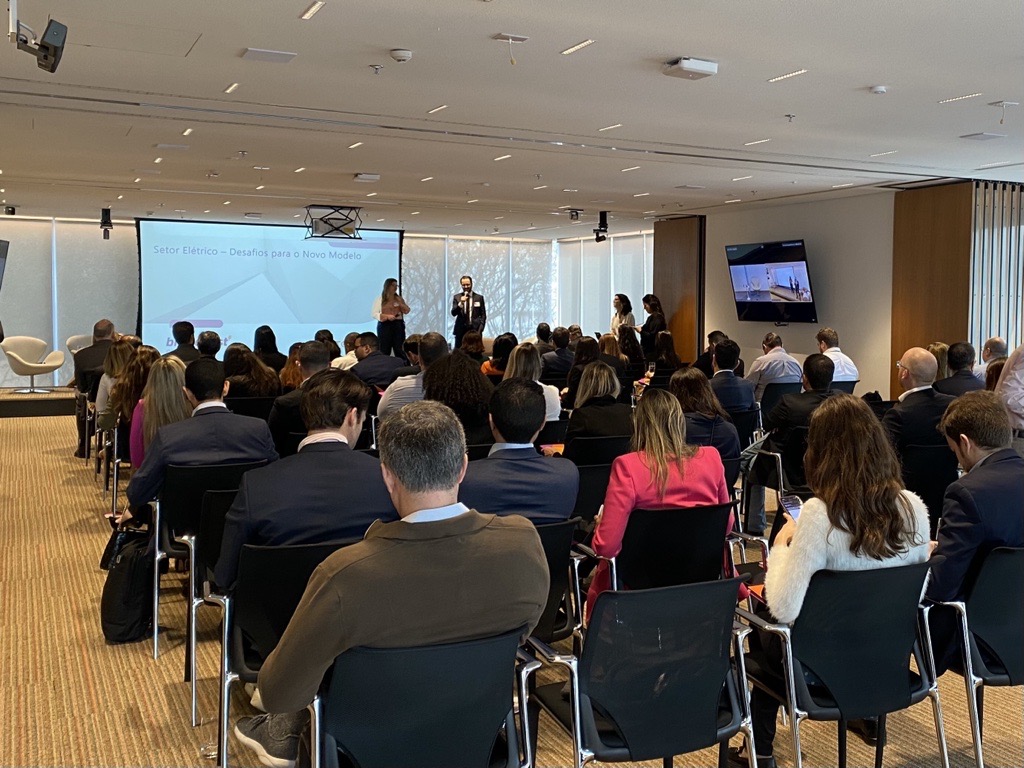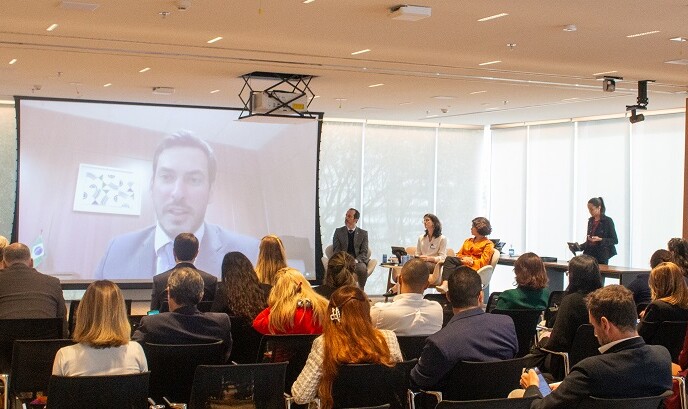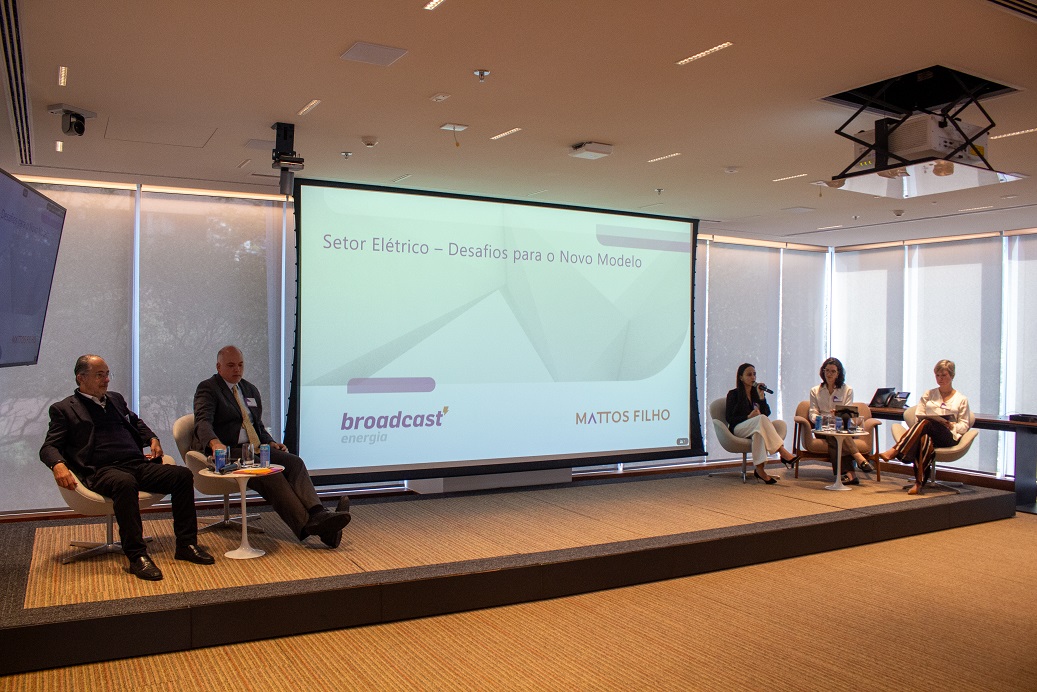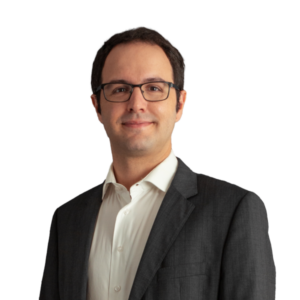

The future of electric power: regulatory and market perspectives
An event held by Mattos Filho in cooperation with Broadcast Energia highlighted challenges, opportunities and the role of the electricity sector in the energy transition
On August 16, 2023, Mattos Filho held an event titled ‘Setor Elétrico: Desafios para o Novo Modelo’ (Electricity Sector: Challenges for the New Model) simultaneously across its São Paulo, Rio de Janeiro and Brasília offices. Conducted in cooperation with Broadcast Energia, the event addressed regulatory and market perspectives for the coming years and featured a debate on important issues linked to the energy transition.
Hosted by our Infrastructure & Energy and Energy Transition practice partners Fabiano Brito and Sofia Barbosa, discussions at the event were moderated by Broadcast Energia editor Luciana Collet. Notable speakers and guests included Thiago Barral, the Secretary of Planning and Energy Transition within Brazil’s Ministry of Mines & Energy (MME); Isabela Sales Vieira, an advisor to the board of directors of the Brazilian Electric Energy Agency (Aneel); Talita Porto, vice-president of the board of the Chamber of Electric Energy Trading (CCEE); Elbia Gannoum, executive chair of ABEEólica; Guilherme Velho, CEO of Apine; Wagner Ferreira, legal and institutional officer at Abradee; Erik Rego, an expert in Energy Studies at PSR; and João Mello, president of Thymos Energia.
 |
| The Brazilian Ministry of Mines & Energy’s Secretary of Planning and Energy Transition, Thiago Barral, speaks during the event – Photo: Broadcast Energia |
At the beginning of the event, our partners explained the purpose of organizing it: at the firm, we have the privilege of working with actors all throughout the sector’s supply chain – from generators of all sources, transmission companies, traders and distributors to consumers. This allows us to understand the issues specific to each segment, all of which have concerns that need to be addressed. The challenge we currently face involves articulating the different visions evolving within the sector so it can continue to be as successful as it has been during the last 30 years.
Opening up the free energy market and offering new products
During the first panel, which addressed the sector’s current status and future challenges, the speakers highlighted the opening up of the free energy market as a key topic due to its potential for creating new business models. They also pointed out that new developments and the progress of electric power should follow the 3D principle – decarbonization, decentralization and digitalization – as a basis for meeting both the market and society’s expectations.
 |
| Isabela Sales Vieira speaks alongside moderator Luciana Collet and panel members Talita Porto, Erik Rego and João Mello – Photo: Broadcast Energia |
The transformation of the electricity sector into an energy sector
The second discussion panel featured topics including the modernization of legislation and the electricity sector’s next steps. As the sector has already transformed into an energy sector, the growing number of solutions to meet consumer demand were discussed.
One point that was analyzed concerned the need to continually monitor electricity supply and demand to mitigate imbalances within the system. The alternative solutions raised included promoting existing energy auctions, exports to Latin American countries with purchasing potential, the possible opening of a low voltage market, the end of electricity subsidies and the need for remuneration adequate for guaranteeing electricity services and infrastructure.
Adapting the system also involves expanding the capacity of the electricity grid to handle the increasing electrification of the economy. Demands for electricity from society – whether from industry or the population in general – are trending upward as products such as electric cars and stovetops become increasingly common.
The speakers on the panel also brought up the role of regulations in providing greater legal certainty to market players in the coming years, making reference to previous debates concerning Bill No. 414/2021 and Public Consultation No. 33/2022. The need to establish a secure legal and regulatory framework conducive to developing newer technology (such as hydrogen-based energy and offshore wind farms) was also highlighted.
For more information on the topics discussed at the event, please contact Mattos Filho’s Infrastructure & Energy and Energy Transition practice areas.



